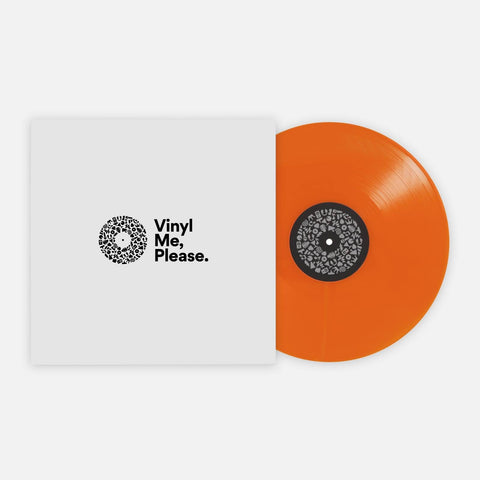Interview: Tim Keen of Ought on Tony Conrad, Repetition in Rock Music and Patience in Listening

On the 9th of April, as has too often been the case this year, the world lost an irreplaceable visionary. Tony Conrad, who passed of cancer aged 76, can feasibly be labelled one of the founding fathers of drone. Firmly part of the pioneering lexicon, among the likes of La Monte Young and John Cale, his influence was immeasurable. Godspeed You! Black Emperor, My Bloody Valentine, Sunn O))); every corner of drone-based rock owes to Tony Conrad. Among those touched by his work, is Tim Keen of repetitious Montreal post-punks Ought. I spoke to Keen about Conrad, drone and the wider discourse of patience in listening .
VMP: You recently mentioned the passing of Tony Conrad on Twitter, calling him a “formative influence,” what influence did he have on you?
TK: I was a classically trained violinist, so it was a fairly major revelation finding those players who were less concerned with technique and more with form or with stretching what is considered possible or allowable on the instrument. As a pretty technically adept but musically underdeveloped first year, Conrad et al were kind of revelatory.
Conrad is often credited with pioneering drone music with La Monte Young and John Cale. What is your relationship with drone like?
I took a 20th century contemporary music class in first year and became obsessed with minimalists--I think it was some of the first music I heard that had a specific ideological purpose for the listener, that offered certain rewards if you were able to try to listen in a certain way. Despite the obvious problems and complications with minimalist ideology, I think it is quite beautiful.
What was your introduction to the concept of ‘difficult’ or ‘challenging’ music?
[In music school] there's a certain expectation that you'll kind of work your way through music, that not being able to listen to something is something you need to work on. It's complicated, though, as I think it's dangerous to fetishize "difficulty" at the expense of musicality or purpose, or to assume that difficult music is inherently more rewarding than non-difficult, but I think there is something to be said for stepping in to a work, having to figure out why it was written. I do think though that you can do about the same amount of work with any piece, regardless of its difficulty.
Could you name a few records that blew your mind upon hearing, records that you’d never heard anything like before?
La Monte Young - The Well Tuned Piano
Dirty Three - Ocean Songs
Heather Leigh - I Abused Animal
Horse Lords - Hidden Cities (and their new record)
Bryan Eubanks and Catherine Lamb - Untitled #4 (After Agnes)
Matana Roberts - Coin Coin Chapter One
Do you enjoy being challenged as a listener?
Yeah, I think I do look to it and for me it's generally something I hope to have.
What do you think is the most listener-challenging record in your collection?
I think challenge is kind of in the eye of the beholder, it really depends on what things you're not used to. I think found sound records or very slow, quiet minimalist records can be "harder" than, like, Merzbow, but only because getting something out of them requires a kind of sustained soft focus.
Do you think music requires a lot of patience to listen to, are there any records that you initially couldn’t listen to but now love?
Yeah, absolutely, I think that's true of any art form. Slow cinema reflects the viewer into their own heads; what is the point of slow or patient music? I think there is value in asking a listener or audience to do some work, and corresponding value in being an audience member and doing some work.
What patience-demanding record should everybody dedicate some time to?
Maybe the The Rite of Spring? But how difficult is that for a 21st century listener? There's a very good Holly Herndon interview quote I come back to a lot, where she talks about how someone who has only a passing interest in music can get in a car and turn on the radio and listen to Skrillex without blinking an eye, which obviously is a pretty radical and abrasive collection of sounds (regardless of its quality). I have gotten a lot recently from records which are outside western idioms or tempered scales.
To me, repetition plays a pretty big role in the appeal of your band. What was your introduction to repetition in rock music, and which are your favourite records of this ilk?
I think you're right, repetition is certainly important to this music. The Velvet Underground, Wilco, Sonic Youth and similar high school stuff.
Do you think avant-garde can exist within pop and rock music?
"Avant" forms have always snuck into more accessible genres; in some ways it has to in order to avoid an inevitable and concerning siloing of out there ideas.
Join the Club!
Join Now, Starting at $36Pages




